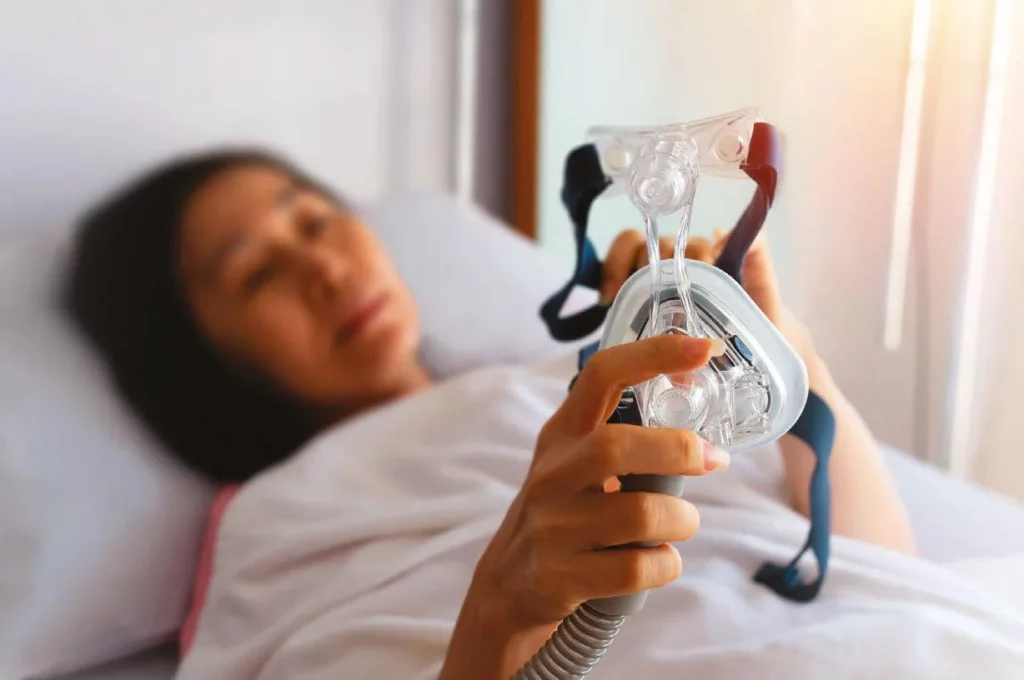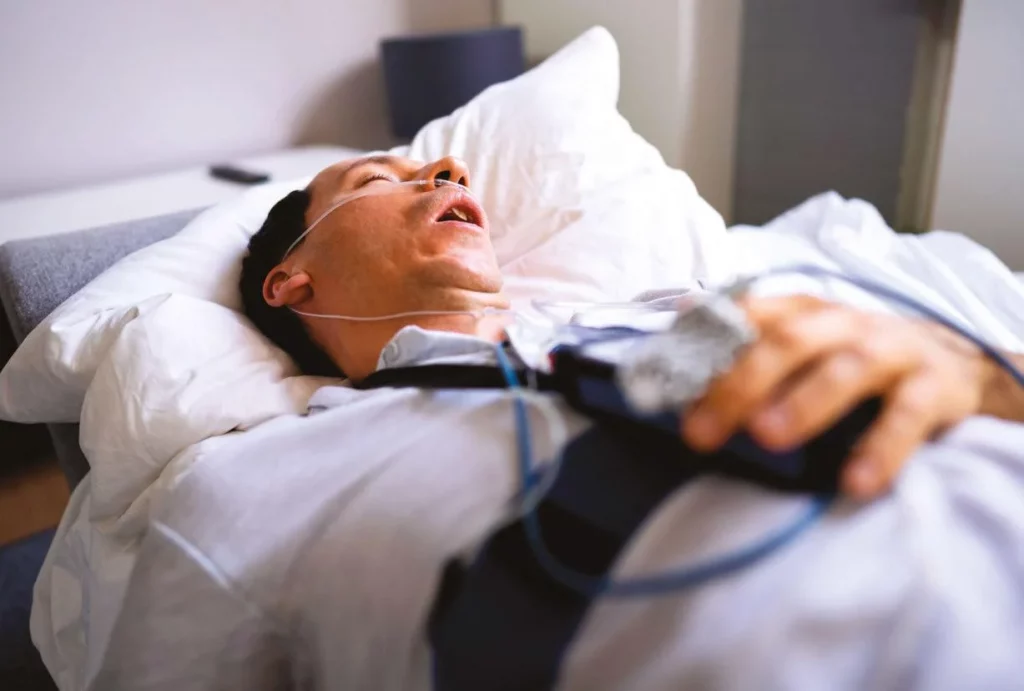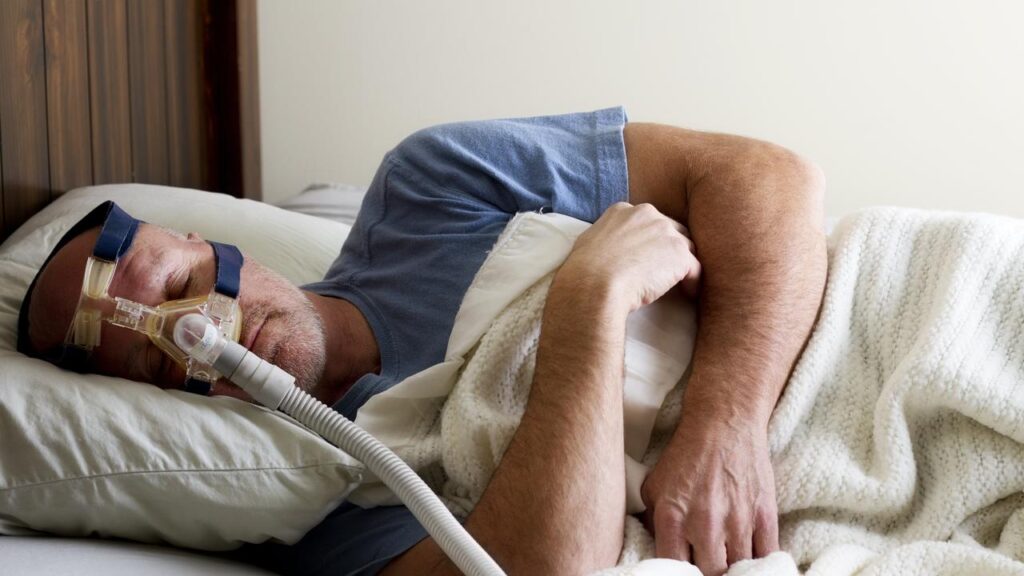Sleep apnea is a common sleep disorder that affects a significant number of individuals globally. Knowing how to access free testing through bulk billing can be a game-changer for those who need it but may be hesitant due to cost concerns. In this article, we explore sleep apnea, the importance of testing, and the steps you can take to access bulk billed tests.
Understanding Sleep Apnea
Sleep apnea is characterized by interruptions in breathing during sleep. It can lead to numerous health issues if left untreated, making understanding its mechanics critical.
In conclusion, understanding sleep apnea test bulk billed can significantly impact your health. Early detection and treatment are vital, and utilizing bulk-billed services can ease financial barriers, encouraging more individuals to seek the care they need.
The Science Behind Sleep Apnea
At its core, sleep apnea occurs when the throat muscles occasionally relax and obstruct the airway during sleep. This condition can cause a person to stop breathing for short periods, leading to oxygen deprivation and frequent awakenings.
There are mainly three types of sleep apnea: obstructive sleep apnea (OSA), central sleep apnea (CSA), and complex sleep apnea syndrome. Obstructive sleep apnea is the most common form, often seen in individuals with excess weight or those who have a naturally narrow airway. Central sleep apnea, on the other hand, is less common and occurs when the brain fails to send signals to the muscles that control breathing. Complex sleep apnea syndrome is a combination of both OSA and CSA, complicating the diagnosis and treatment process.
Understanding the underlying mechanisms of these types is essential for effective management. For instance, OSA can often be treated with lifestyle changes, such as weight loss and positional therapy, while CSA may require more complex interventions, including adaptive servo-ventilation or bilevel positive airway pressure (BiPAP) devices. This highlights the importance of a tailored approach to treatment based on the specific type of sleep apnea a patient is experiencing.

Symptoms and Risks of Sleep Apnea
Common symptoms include excessive daytime sleepiness, loud snoring, and interrupted sleep. However, the risk extends beyond fatigue; untreated sleep apnea can lead to serious health problems like hypertension, heart disease, and diabetes. Additionally, individuals with sleep apnea may experience mood changes, irritability, and difficulty concentrating, which can significantly impact their quality of life.
Understanding these symptoms is crucial for recognizing the need for testing and treatment. If you or someone you know experiences these symptoms, a professional evaluation is warranted. Diagnostic tests such as polysomnography, which records brain waves, oxygen levels, heart rate, and breathing during sleep, can provide valuable insights into the severity of the condition. Early detection and intervention can not only improve sleep quality but also reduce the risk of associated health complications, emphasizing the importance of awareness and proactive healthcare measures.
Read about cost of sleep apnea test at: Sleep Apnea Test Cost in Australia
The Importance of Sleep Apnea Testing
Testing for sleep apnea is vital for timely intervention. It helps not only to confirm a diagnosis but also to inform treatment options.
Early Detection and Treatment
Early diagnosis allows for better management of sleep apnea, leading to improved quality of life. Treatments can range from lifestyle changes to the use of continuous positive airway pressure (CPAP) devices, depending on the severity of the condition.
By identifying sleep apnea early, healthcare providers can address its complications before they escalate, thus safeguarding your overall health. In addition to CPAP therapy, patients may also benefit from positional therapy, oral appliances, or even surgical options in more severe cases. These varied approaches highlight the importance of personalized treatment plans that cater to individual needs and circumstances, ensuring that patients receive the most effective care possible. Read more about complications at https://medicine.uams.edu/pediatrics/specialties/sections/adolescent-medicine/patient-care/eating-disorders/medical-complications/
Long-term Health Implications
Long-term consequences of untreated sleep apnea can be severe, including increased risk of cardiovascular diseases, metabolic syndrome, and impaired cognitive function.
Moreover, the cumulative effects of disrupted sleep can lead to a decrease in mental health, contributing to anxiety and depression. Hence, undergoing proper testing is essential not just for physical health, but for mental well-being as well. Chronic sleep deprivation can also affect relationships and job performance, as irritability and fatigue become more pronounced. Recognizing the signs of sleep apnea, such as loud snoring or excessive daytime sleepiness, can prompt individuals to seek testing, ultimately leading to a more fulfilling and productive life.
What is a Bulk Billed Sleep Apnea Test?
A bulk billed sleep apnea test is a type of testing where the healthcare provider bills Medicare directly, allowing the patient to receive tests without out-of-pocket expenses. This arrangement makes sleep apnea testing accessible to more individuals, especially those who might struggle to afford it.
The Process of Bulk Billing
Bulk billing is generally straightforward. After consulting with a doctor regarding your symptoms, they may refer you for a sleep study. Once it’s confirmed that you qualify for bulk billing, the entire cost is covered under Medicare, relieving you of potential financial burdens.
This system enhances accessibility, ensuring that everyone who needs a sleep apnea test can receive one without financial stress. The referral process typically involves a thorough evaluation of your symptoms, which may include excessive daytime sleepiness, loud snoring, or observed episodes of breathing cessation during sleep. This comprehensive approach ensures that only those who genuinely need testing are referred, optimizing the use of healthcare resources.
Benefits of Bulk Billed Tests
There are various benefits to opting for bulk billed sleep apnea tests, including:
- No Out-of-Pocket Costs: Patients do not have to pay any fees upfront, making it easier to seek help.
- Convenience: The process is streamlined through Medicare, simplifying the logistics of billing.
- Increased Access: More individuals can get tested, which can lead to better overall public health.
By eliminating costs, bulk billing serves as a vital framework for enhancing the early detection and treatment of sleep apnea. Furthermore, the results of these tests can lead to timely interventions, such as lifestyle changes or the use of CPAP machines, which significantly improve the quality of life for patients. Studies have shown that untreated sleep apnea can lead to serious health complications, including cardiovascular issues and diabetes, making the accessibility of these tests even more critical for public health. Click here to learn more about machines.
Additionally, bulk billing not only benefits patients but also healthcare providers. It encourages more practitioners to offer sleep studies, knowing that they will be compensated directly by Medicare. This can lead to a more robust network of sleep health professionals, ultimately fostering a collaborative approach to diagnosing and managing sleep disorders. As awareness of sleep apnea grows, the role of bulk billing in expanding access to necessary health services becomes increasingly significant.
Steps to Access Free Sleep Apnea Testing
Accessing free sleep apnea testing through bulk billing involves several clear steps that patients must follow to ensure they qualify for the service.
Eligibility Criteria for Free Testing
To qualify for a bulk billed sleep apnea test, you generally need to meet specific criteria. These may include:
- Being a Medicare cardholder.
- Experiencing symptoms indicative of sleep apnea.
- Being referred by a qualified healthcare professional.
It is important to check with your healthcare provider to understand the complete eligibility requirements for your specific situation. Additionally, some facilities may have their own internal guidelines that could influence your eligibility, so it’s wise to inquire directly with the testing center as well. Understanding these nuances can help streamline the process and avoid any unexpected hurdles.

How to Apply for Bulk Billing
Applying for bulk billing is an essential step to ensure that you can access the free testing. Here’s how to go about it:
- Consult Your Doctor: Start by discussing your symptoms with your doctor, who can provide a referral if necessary.
- Confirm Bulk Billing: When referred for the sleep test, ensure that the facility offers bulk billing through Medicare.
- Schedule Your Test: After confirming eligibility and bulk billing, schedule your sleep apnea test.
By following these steps, you can facilitate your access to essential testing without financial strain. Moreover, it’s beneficial to prepare for your consultation by keeping a detailed record of your symptoms, including how long you’ve been experiencing them and any patterns you’ve noticed during sleep. This information can assist your doctor in making a more informed decision regarding your referral and can lead to a more accurate diagnosis.
Once your test is scheduled, you may be given specific instructions on how to prepare. This could include guidelines on sleep hygiene, such as avoiding caffeine or alcohol before the test, which can affect the results. Understanding these preparations can enhance the accuracy of your sleep study, ultimately leading to a better treatment plan tailored to your needs.
Preparing for Your Sleep Apnea Test
Preparation is key to ensuring that your sleep apnea test goes smoothly and yields accurate results.
What to Expect During the Test
During a sleep apnea test, also known as a polysomnography, you will spend the night at a sleep clinic or use home monitoring devices, depending on your doctor’s recommendations. Technicians will measure various bodily functions while you sleep, including:
- Brain activity
- Eye movement
- Heart rate
- Breathing patterns
- Blood oxygen levels
This information will provide a comprehensive overview of your sleep patterns and any interruptions that may indicate sleep apnea. It’s important to arrive at the clinic well-rested and to avoid caffeine or alcohol the day before, as these substances can interfere with your sleep quality and the accuracy of the test results. Additionally, wearing comfortable clothing and bringing any personal items that help you relax can make the experience more pleasant.
Post-Test Procedures and Results
After the test, the data collected will be analyzed by a sleep specialist. You can expect to receive your results within a few days to a couple of weeks. If sleep apnea is diagnosed, your doctor will discuss potential treatment options with you, tailored to your specific needs. Treatment may include lifestyle changes, the use of continuous positive airway pressure (CPAP) machines, or even surgical options in more severe cases.
Receiving timely feedback is crucial, as it sets the course for your treatment and management of the condition, potentially improving your overall quality of life. It’s also worth noting that many patients find it helpful to keep a sleep diary leading up to the test. This diary can document your sleep habits, any symptoms you experience, and how you feel during the day, providing valuable insights for your healthcare provider. Engaging in this preparatory step can facilitate a more informed discussion about your sleep health and the best paths forward.

